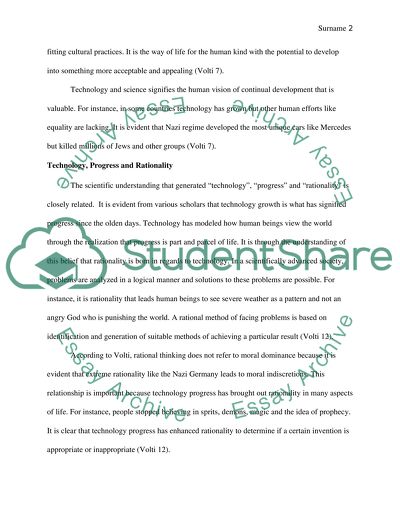Cite this document
(“TECHNOLOGY AND SOCIETY Essay Example | Topics and Well Written Essays - 1750 words”, n.d.)
TECHNOLOGY AND SOCIETY Essay Example | Topics and Well Written Essays - 1750 words. Retrieved from https://studentshare.org/history/1623443-technology-and-society
TECHNOLOGY AND SOCIETY Essay Example | Topics and Well Written Essays - 1750 words. Retrieved from https://studentshare.org/history/1623443-technology-and-society
(TECHNOLOGY AND SOCIETY Essay Example | Topics and Well Written Essays - 1750 Words)
TECHNOLOGY AND SOCIETY Essay Example | Topics and Well Written Essays - 1750 Words. https://studentshare.org/history/1623443-technology-and-society.
TECHNOLOGY AND SOCIETY Essay Example | Topics and Well Written Essays - 1750 Words. https://studentshare.org/history/1623443-technology-and-society.
“TECHNOLOGY AND SOCIETY Essay Example | Topics and Well Written Essays - 1750 Words”, n.d. https://studentshare.org/history/1623443-technology-and-society.


